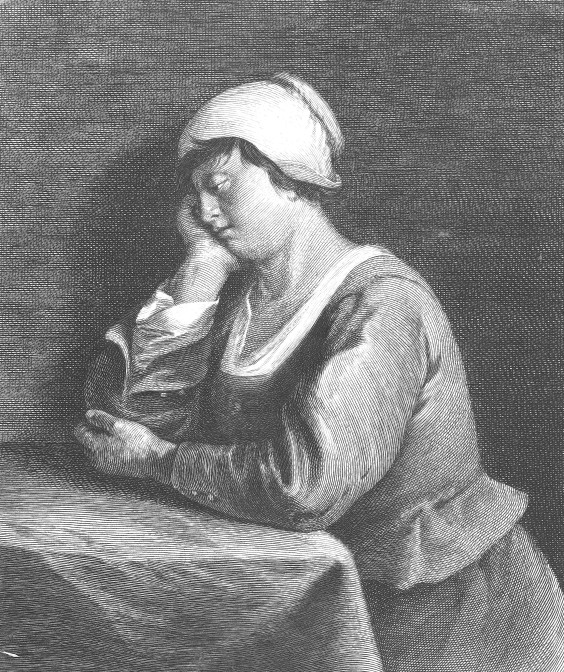A particulier is a private person, someone not working for the government and not a business. For instance, when you buy something, it is important whether you buy it as a particulier (consumer) or as a business since your warranty may be different.
In some records, the term was used to indicate a person who did not receive an income from current employment or running a business. This does not necessarily mean that the person was unemployed or poor, it could also be a person of independent means or someone who was retired. The female form is particuliere.
You will often encounter particulier in population registers in the beroep (occupation) column, or in civil registration records. For some clerks, it seems to have been the catch-all occupation if they did not know what a person did for a living.

Idleness, 17th century. Credits: Lucas Vorsterman, Rijksmuseum

